Posted on September 1, 2009
Thus Spake Bloggerthustra!
 (note: I originally intended this reflection on the Blogosphere to be my 200th post, but I miscounted and overshot the mark, hitting the 201st post by mistake. I am, against all demonstrable evidence to the contrary and with overwhelming improbability, apparently fallible after all. Who knew?!)
(note: I originally intended this reflection on the Blogosphere to be my 200th post, but I miscounted and overshot the mark, hitting the 201st post by mistake. I am, against all demonstrable evidence to the contrary and with overwhelming improbability, apparently fallible after all. Who knew?!) I am not an Overman, but I play one on the Internet. Well, not really. I do play a character here, as do all of the people in my life, but the truth is that the grand literary house I’ve built on the hallowed grounds of the world wide web is, and always has been, a work of creative nonfiction. It’s been right there in my sidebar all along, wrapped in the warm blanket of nouns and verbs I call a Disclaimer. For those of you who are unfamiliar with what creative nonfiction is, I suggest getting an education. Barring that, I recommend reading some Lee Gutkind, Tom Wolfe, Norman Mailer, Hunter Thompson or, to an extent, Harlan Ellison. If, however, predicates and participles scare you, then think of creative nonfiction in movie terms: Based On A True Story.
In Hollywood, ‘based on a true story’ often means taking a tiny nugget of truth and, in the interests of dramatic tension and increased ticket sales, bits and bobs are drafted onto the narrative to give it that little something extra. Creative nonfiction is a bit more restrictive than that, but let’s start with one extreme and then move down towards the other. Take, for example, the most famous feel-good movie starring a hobbit that’s ever been produced in Middle Earth: Rudy. You know, the football flick starring Sean Astin as the plucky short kid with the heart of gold, who defies the odds and gets to dress for the final game of the season? The one where all of his teammates ganged up on the big, bad coach by turning in their jerseys and saying, “This is for Rudy, coach!” Yeah, that one – never happened. Well, leastways, not as it appears in the movie. In reality, the coach voluntarily let Rudy dress for Notre Dame’s last home game of the season, and the famous jersey scene was a complete fabrication. It was more inspirational though, and in some ways it helped communicate Rudy’s frustration and accomplishments through a solitary character rather than through the cumulative effect of a lot of undramatic nuance. In other words, it served the story, so it stayed.
Other movies that have deviated from the true bits of their true stories?
 Dragon: The Bruce Lee Story – Bruce hurt his back working out one day, after he failed to warm up. In the movie, his back was almost broken in a vicious fight to determine if he would be allowed to continue teaching martial arts to non-Chinese. The fight did happen, but he won it handily. The back injury did happen, but not very dramatically. But by their powers combined, it was movie magic. And it worked.
Dragon: The Bruce Lee Story – Bruce hurt his back working out one day, after he failed to warm up. In the movie, his back was almost broken in a vicious fight to determine if he would be allowed to continue teaching martial arts to non-Chinese. The fight did happen, but he won it handily. The back injury did happen, but not very dramatically. But by their powers combined, it was movie magic. And it worked.
Lean On Me – Yes, I love Morgan Freeman’s voice, too. I’m even a fan of it on Facebook. That does not, however, get the famous flick out of the spotlight when it comes to enhancing its true story. For instance, the driving plotline of the movie was entirely fabricated. Eastside High wasn’t actually threatened with a state takeover while Joe Clark was the principal. Furthermore, while his bullhorn antics and mass expulsions did decrease violence in the school, they did not increase test scores, as the movie implies. However, the events of the movie are meant to encapsulate Joe Clark’s entire tenure as principal, but depicted over the course of a single year, certain elements were added or modified in order to convey the same message as detailing the minutiae of his life would have, and it did it through the power of concentration. Think of concentrated laundry detergent, where one capful of the concentrate does the work of an entire box of the diluted stuff. Same effect, different ways of getting there.
Creative nonfiction in literature can work in much the same way as true story movies, only us writers tend to stick a little closer to the lifeline of truth. The pursuit of truth in all things, after all, is the primary reason most of us write what we do. Writing the truth forces one to be honest not only with your readers, but also with yourself. It’s often far too easy to convince yourself that a lie is true, especially if you don’t have an army of readers ready to take you to task on it. People lie to themselves all the time. It’s how many people cope with the struggles that arise from life’s school of war. Rather than understanding that what does not destroy us makes us stronger, they choose instead to deceive themselves into believing that reality is something other than it truly is. Rather than admit that every choice has consequences, they shift blame and massage the truth and crack the bones of credulity like a world-bending chiropractor until the fault for their situation falls flatly upon the doorstep of someone else. Someone who isn’t them.
Us creative nonfiction writers though, we’re a weird and silly lot. We revel in the truth, and roll around in piles of our own words like hot pigs in cold mud. We use the truth to shield ourselves from lies and to deflect the blows of inept accusers. We use the truth as a sword, to pierce to the heart of things, even if the heart be our own. We wound ourselves with the truth, so that we may be wounded. We hurt and later, we learn and we grow. We use the truth as food and drink to sustain us, to drive us, and to make life worth living.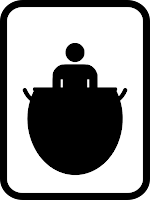 Sure, sometimes months of conversation with someone may be reduced to one exchange in order to bite directly into the marrow of the bone, rather than spend time nibbling our way down through skin and muscle, pausing to pick bits of hair and gristle out of our teeth. Venues may change. Multiple people may be composited into one character who can best encapsulate their collected wisdom. Some things may move around, some people may fade into view or plop noiselessly from existence. In the end, though, it is all done in service of the truth. Truth not as an ideology, enforced with the iron-gloved tyranny of the Inquisition, but as motivation. The pursuit of truth is life, and creative nonfiction writers love being alive.
Sure, sometimes months of conversation with someone may be reduced to one exchange in order to bite directly into the marrow of the bone, rather than spend time nibbling our way down through skin and muscle, pausing to pick bits of hair and gristle out of our teeth. Venues may change. Multiple people may be composited into one character who can best encapsulate their collected wisdom. Some things may move around, some people may fade into view or plop noiselessly from existence. In the end, though, it is all done in service of the truth. Truth not as an ideology, enforced with the iron-gloved tyranny of the Inquisition, but as motivation. The pursuit of truth is life, and creative nonfiction writers love being alive.
That said, I did lie earlier. I am an Overman. I believe in the here and now, and in the present as the most important point in any of our lives. The future may be unwritten, but it’s being typed up as we speak, as each metronomic beat of an ever ticktocking clock brings new words and sentences and paragraphs into the stories of our lives. The benefit to the present is that the past precedes it, and thus a cartographical understanding of the future can be charted – assuming, of course, that you’re plotting your course on accurate maps. Lying to yourself and to the world at large about your past can only create a need to lie about your present, which ultimately means you’ll soon be lying about your future and making everything up as you go along. And, as your Münchhausian-styled life grows, so do your lies until eventually, something gives. Maybe it’s a moment of clarity, maybe it’s hitting rock bottom, or maybe it’s the sudden appearance of an anthropomorphic cricket who shows up in a top hat and tails, and keeps telling you to stop being a jackass. Whatever happens, eventually the liar realizes that he’s spent his life blindly wandering in an unknown forest, with no idea how he got there, where he’s been, or where he’s going. This is not a problem that plagues the embracers of truth.
So, as you read through Coquetting Tarradiddles, please understand that everything you read here is true – except where it isn’t, although nothing is a lie. I am writing the narrative of my life, exposed to the core, with jagged bone and drippy red bits for everyone to see. I hide nothing, and I make no apologies for the truths I lay bare. I’ve been threatened by large corporations with menacing attorneys and I have not blinked, nor will I ever yield to demands for censorship. If you are in my life and don’t want people to read bad things about you, then stop doing bad things. If you’re in my life and enjoy people reading good things about you, then keep doing good things. (Or, if you’re like one old and attention-starved associate of mine, if you like people reading about you doing bad things or good things – as long as they’re reading about you – then keep interjecting yourself into my life as much as possible, despite how strongly I wish you wouldn’t…)
If you are in my life and don’t want people to read bad things about you, then stop doing bad things. If you’re in my life and enjoy people reading good things about you, then keep doing good things. (Or, if you’re like one old and attention-starved associate of mine, if you like people reading about you doing bad things or good things – as long as they’re reading about you – then keep interjecting yourself into my life as much as possible, despite how strongly I wish you wouldn’t…)
One of the greatest things about freedom is the ability to speak. To speak in private about public things, and to speak in public about private things. To speak in support of something, or to spit with the angry blood of red-faced condemnation. To speak with adoration or resentment, with love or hate, with praise or with regret. Above all, to speak with truth and honesty, and know that there is nothing anyone can do to stop us. To anyone who wishes to try to silence the independent voices across the nation, the legal definitions are quite clear for anyone who wishes to look them up. A good place to start might be the Bill of Rights. After that, perhaps a brief visit with a dictionary to understand the difference between slander and libel. And finally, maybe a pause for the consideration of the fact that those of us who are doing this sort of thing – who are writing out our lives on pages and on screens – well, that we probably know what we’re doing, and we’ve heard it all before.
 Everyone has the power – and the right – to write the stories of their lives, whether they keep the stories hidden or lay them bare for the world to see. Creative nonfiction allows its writers to tell true stories with the narrative tools available to the novelist, and so they are freed from the tyranny of Who, What, When, Where, How and Why. Lies cannot be invented nor presented as fact, but absolute fact can not be demanded for every sentence written, as long as it serves the greater truth of the work. As long as it’s Based On A True Story.
Everyone has the power – and the right – to write the stories of their lives, whether they keep the stories hidden or lay them bare for the world to see. Creative nonfiction allows its writers to tell true stories with the narrative tools available to the novelist, and so they are freed from the tyranny of Who, What, When, Where, How and Why. Lies cannot be invented nor presented as fact, but absolute fact can not be demanded for every sentence written, as long as it serves the greater truth of the work. As long as it’s Based On A True Story.
So what is true here on Coquetting Tarradiddles? Everything and nothing. It is simply my story, as I remember it. I speak loudly and strongly, and I go forward unconcerned with the trivialities arising from the effronteries of others. If I offend you with the truth, I do not apologize. If I glorify you with it, I do not ask for humility. If I sting you with it, I have no concern for your tears. If I wound you with it, I do not care if you bleed. The truth is what it is. For some, it is a beacon radiating from the shining city on the hill. For others, it is a razor-edged firesword that cauterizes even as it cuts deep through flesh and bone and vital organ. If the truth hurts, you can avoid it – or you can be wounded by it and grow stronger, wiser, better. For those of you horrified by writers like me who piss out yellow truth in the public swimming pool, understand that we do so unconcerned with your concern and with your outrage. We do so in spite of it. We do it because of it. We do it because to do so is to be brave. Unconcerned. Mocking. We do what we do because truth leads to wisdom, and wisdom loves warriors. We are the bloggers. We are the truth. We are Übermensch.

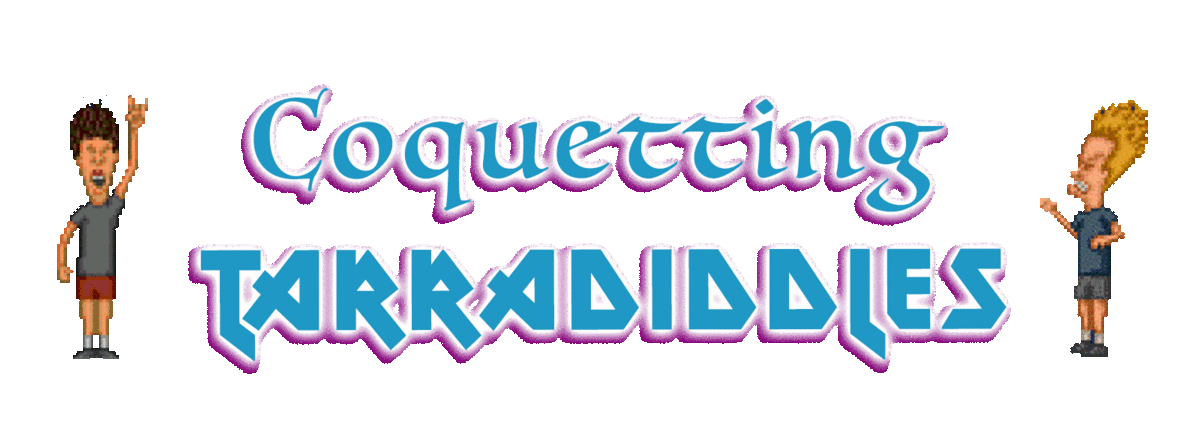

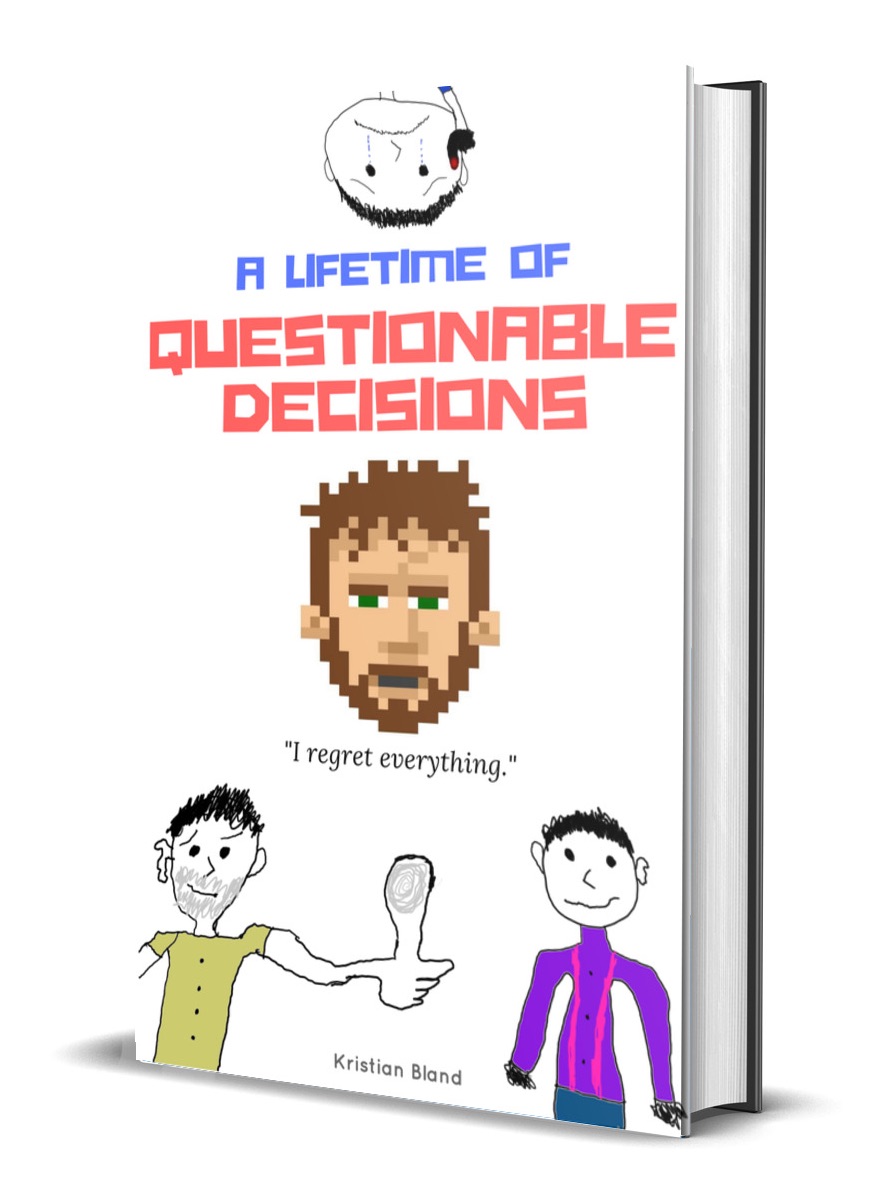



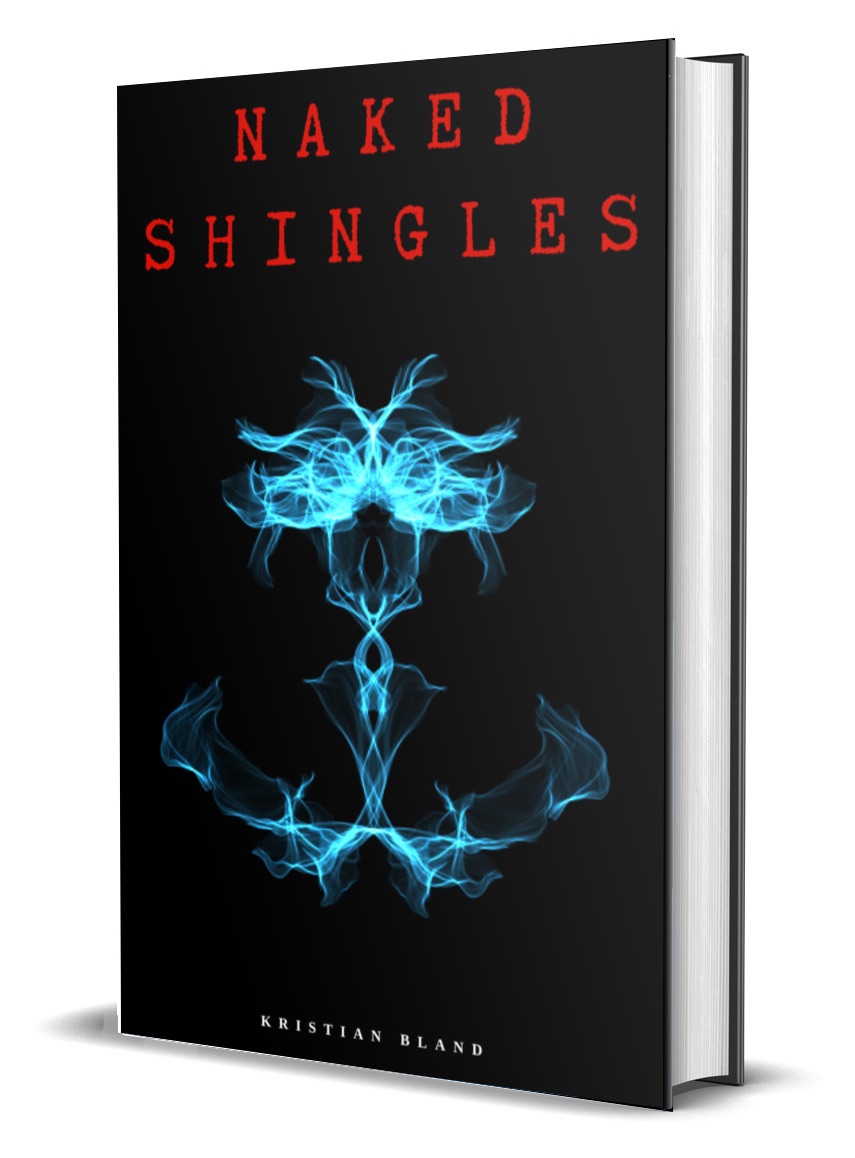
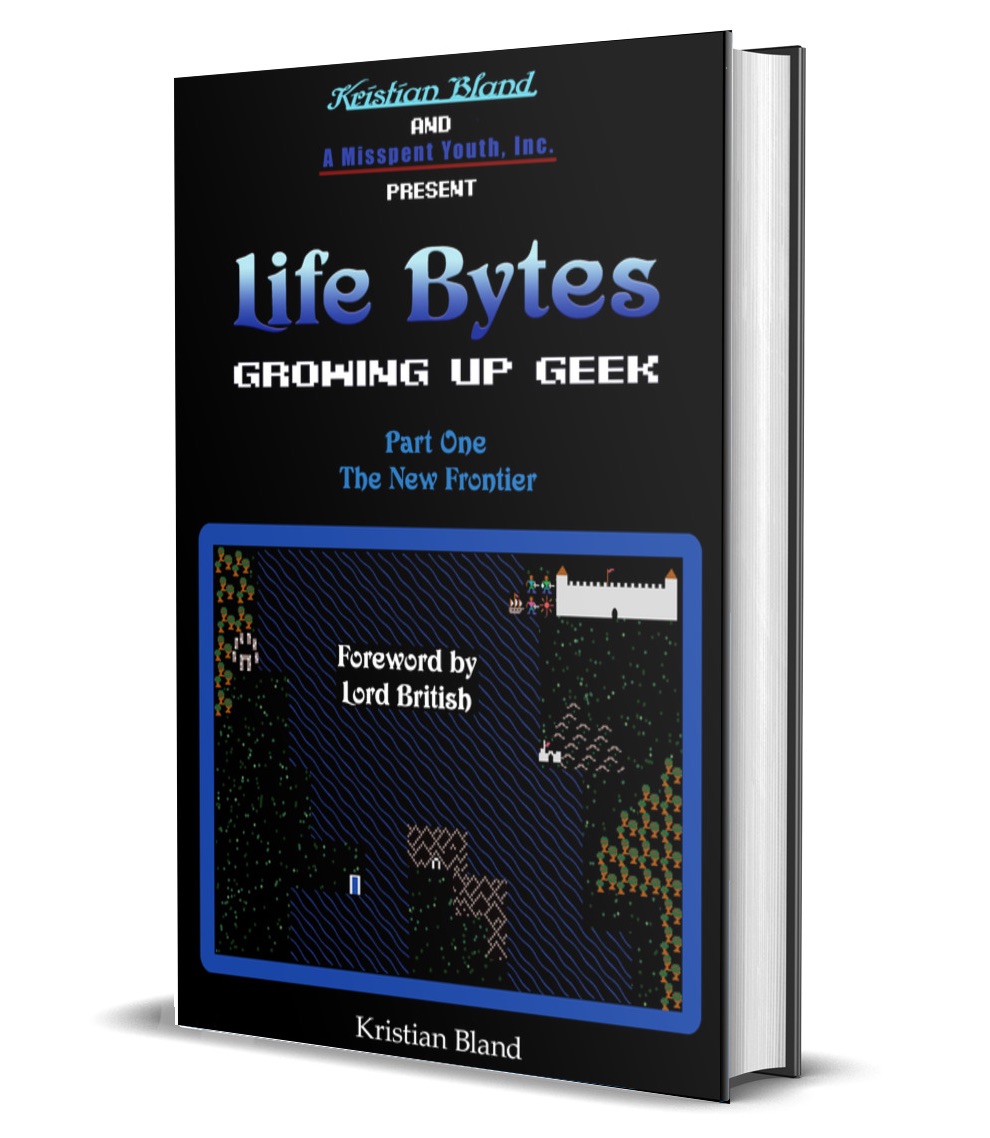
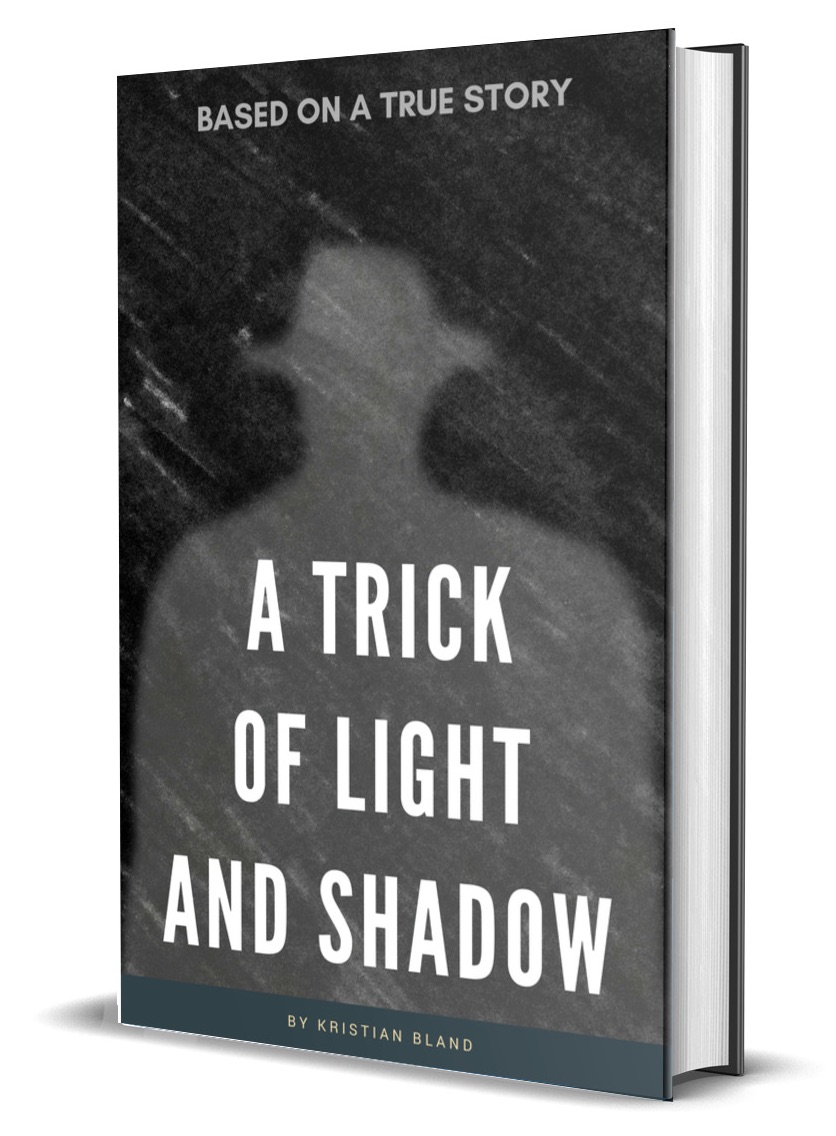
You must be logged in to post a comment.